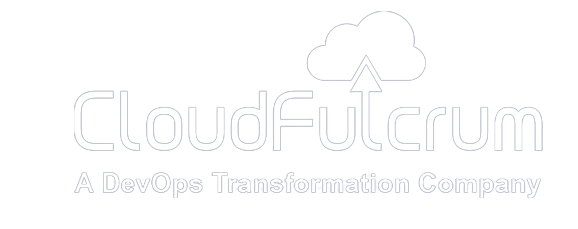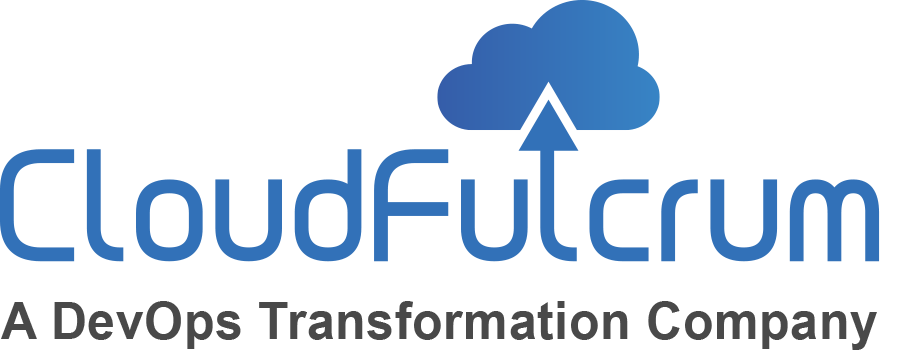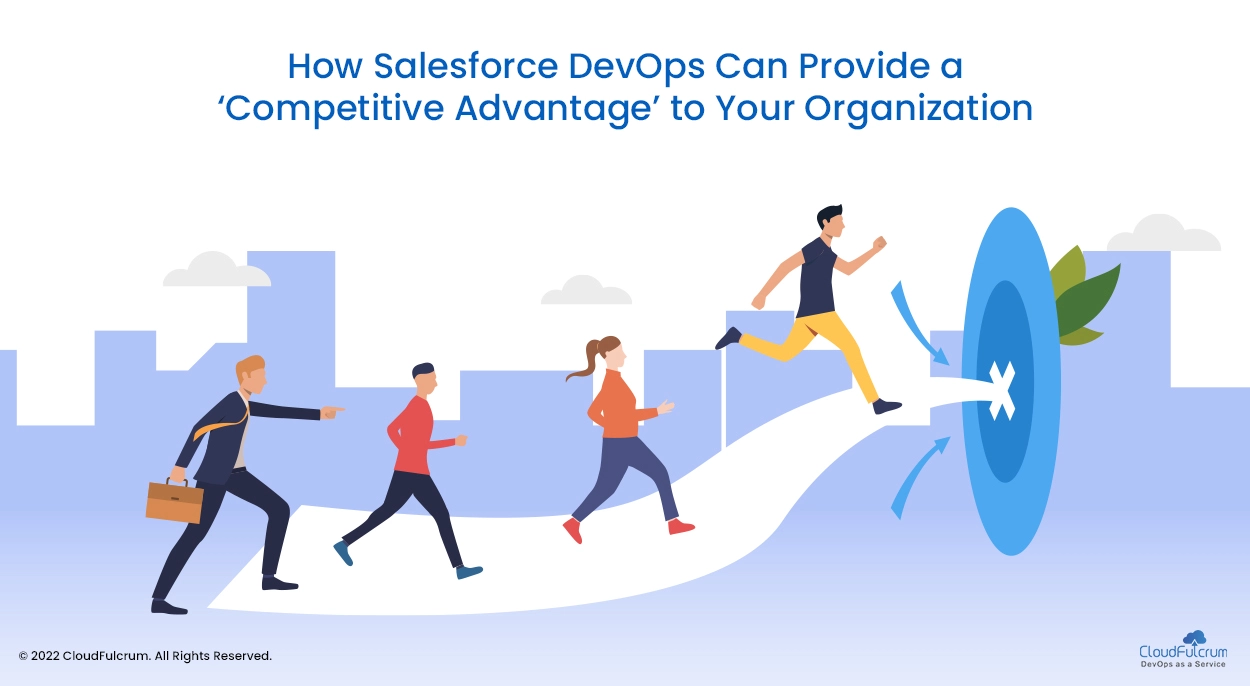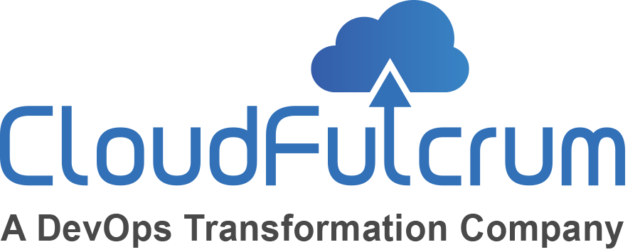Introduction
The year 2020 has been a year of transformation, with massive changes in the way organizations of every size connect, collaborate, and build together. Numerous organizations are identifying ways to do more with less – beginning with Salesforce DevOps and automation. For several organizations, adopting Salesforce DevOps implies changing how they collaborate, automate, and embed security into their development processes. However, the approaches these organizations embrace in pursuing their objectives vary based on where they begin and where they aim to go.
Salesforce DevOps is currently on everyone’s mind and also lips. From online conferences to articles and books, the term has dominated the IT world. This is apparent as Salesforce DevOps has the potential to meet the multiple challenges confronting the IT department. Salesforce DevOps can help reduce project delays, ensure quality and avoid project cancellations. Organizations already using Salesforce DevOps enjoy great competitive advantage by delivering superior quality software to their staff swifter. Many of the organizations that have already implemented Continuous Delivery (CD) practices, Salesforce DevOps, or Software Delivery Management, find themselves in a dominant market position. For instance, Coca-Cola, with the introduction of Salesforce DevOps, has been able to expedite projects by up to 50% and minimize production errors by about half.
Salesforce DevOps continues to dominate development teams and businesses worldwide round the year, with organizations trying to derive maximum benefits from it. With Salesforce DevOps automation, Continuous Delivery, high scalability, and high resiliency become easier to achieve than ever before. Salesforce DevOps enables SaaS start-ups and companies in growth-stage to achieve strategic goals swifter and offers a better user experience, deriving great competitive advantage and standing out in the competitive SaaS market.
How Salesforce DevOps Provides Your Organization a ‘Competitive Advantage’
The idea of Salesforce DevOps providing a competitive advantage is not a new one. Service providers, software sellers, and internal IT frequently present this argument to justify all kinds of investments.
The following points prove why Salesforce DevOps is considered to offer a competitive advantage to organizations adopting it:
- Incredible Speed: In the world of mobile, social media, and web, customers expect speed and responsiveness. Bringing an idea to the market swifter than your competitors definitely offers a competitive advantage and Salesforce DevOps enables you to do just that.
- Salesforce DevOps is Difficult to Imitate: While it is quite easy to purchase the tools required to adopt Salesforce DevOps, the real benefit can be derived only by incorporating the right culture and process. Any organization that can get these right will be able to gain a sustainable competitive advantage.
- Latest IT Operating Model: Salesforce DevOps represents a novel way for enterprise IT to operate. It frees the silo structures and unleashes the value hidden within the existing organization.
- Getting Customer Feedback: Speed is only one equation of Salesforce DevOps advantage, the other is swifter feedback loops so that you can determine that you are going in the right direction. Blend the two and you have a robust competitive advantage.
The DevOps Research Association (DORA) comes out with the Accelerate State of DevOps Report every year. The 2018 report showed that the highest-performing organizations that adopted Salesforce DevOps released changes 46 times more frequently, had a change failure rate that was seven times lower, and were able to recover from breaking changes 2,604 times faster 1 .
The 2018 report provided a new insight and mentioned for the first time that database development is a key technical practice that can drive high performance in Salesforce DevOps. The team at DORA included database development in their research for the 2018 report because many view it as an impediment to the frequent releases that Salesforce DevOps encourages. Modifications to front-end applications often imply that changes to the database too have to be made, but the database, disregarded in software development, is usually omitted in the Salesforce DevOps process.
To address this, the report examined those database-related practices that could help improve software delivery performance and availability. It was discovered that high-performing teams manage database changes in the same vein as changes to the application. It also revealed that blending database development into software delivery positively contributes to performance, and modifications to the database no longer slow down the processes or cause problems during deployments.
So, if technology is a key driver in any organization, and if the database is not being included in any Salesforce DevOps initiatives, they will be losing the competitive advantage that their competitors may already by exploiting.
With competition moving fast, you need to move faster. You need to have the ability and strength to build, test, automate, and deploy your applications swifter and with greater efficacy. You need to migrate your Salesforce DevOps to the cloud and automate your software life-cycle to attain immediate, quantifiable results. To gain a competitive advantage, the following initiatives should be executed:
- Collaborate with People: Collaborate more, share common goals, focus on continuous enhancement.
- Deliver Value Swifter: Deploy code 30x swifter with 200x shorter lead times. Get rid of waste, enhance efficiency, systematize feedback.
- Implement a Salesforce DevOps Strategy: Improve productivity, enable collaboration, promote experimentation.
- Ensure Robust IT Performance: Have 60x fewer failures and bounce back from failure 168x faster. IT equates to robust business performance, helps multiply productivity, market share, and profit.
In a Harvard Business Review Analytic Services survey, conducted in September 2018, it was discovered that about two-thirds of respondents used DevOps, and they experienced benefits that impacted their bottom line, including enhanced speed-to-market (identified by 70% of the respondents), productivity (67%), customer relevance (67%), innovation (66%), and product/ service quality (64%) 2 .
A vast majority (86%) of the 654 respondents said that it was vital to their organization to develop and put new software into production swiftly, coupled with principles and frameworks such as agile, scrum, and DevOps 3 .
Role of Leadership in Developing ‘Competitive Advantage’ for Their Organizations
CEOs and CIOs with deep insights and foresight understand that their ability to develop and release software swifter and to iterate quickly is critical to meeting dynamic expectations of both the customer and the market. They have also witnessed the impressive improvements a Salesforce DevOps approach can bring to their organization in productivity and cost structure. The ability to develop and deploy software swiftly without compromising on quality is critical, but only a few organizations do this with finesse.
With software being the key to how an organization makes money and operates, executives need to change their perspective and focus on investment rather than on cost. To derive real returns from Salesforce DevOps, the organizational endeavors have to be linked with a strategic priority. One has to begin small and scale up rapidly to ensure it pays off swiftly. The result needs to be significant for the business and not just for the HR tool. It should have a bottom-line impact, even if you begin small, as it is bottom-line impact that will get you the top-management support.
Furthermore, team priorities have to be defined in terms of business outcomes. The leadership has to take into account the factors that will deliver the highest value to the business and then allow the team to prioritize their work in terms of business value.
While a few organizations focus on the simplest value equation – money saved by reducing the software lifecycle, with fewer man hours spent on development — great organization go beyond that and don’t just stop there. Productivity is vital, but returns also include swifter time-to-market, customer relevance, innovation, and quality. Focusing solely on productivity can impede the extended potential impact of Salesforce DevOps initiatives.
Adopting Salesforce DevOps can primarily transform an organization. It is not just any technology project, but it requires changes to personnel, organizational structure, performance management, and even culture. Organizations investing in Salesforce DevOps are witnessing ‘real value.’ Top executives at leading organizations not only understand what Salesforce DevOps is but also what it requires. They foster and reward transparency, empowerment, and trust, and shape the right behavior, including knowing when to retract.
Conclusion
Salesforce DevOps definitely offers a competitive advantage. Migrating an organization from traditional to a Salesforce DevOps approach is an arduous task. However, any organization that can successfully achieve this transformation will be the first one to gain a competitive advantage and reap its benefits – from swifter speed-to-market to being more responsive to their customers. And the benefits are real, as Netflix and Etsy have outsmarted their competitors with better innovation and gained a significant market lead.
Salesforce DevOps is all about re-organizing the internal structure of IT, i.e., how IT performs the various tasks within the SDLC. Supplementing your team with Managed Salesforce DevOps enables you to leverage the skills and experience of multiple Solution Architects and Salesforce DevOps Engineers without the high initial costs of bringing them all on board together. It is a wise option to consider working with a Managed Salesforce DevOps service provider to implement Salesforce DevOps strategy and resources in your organization, as seamlessly and economically as possible.
About CloudFulcrum
With its mission of “DevOps as a Service,” CloudFulcrum has been a part of multiple successful Salesforce implementations worldwide, with delighted customers in BFSI, Healthcare, Retail, Real Estate, and Technology verticals.
With our Salesforce DevOps consulting, we help enterprises align their Digital Transformation goals to achieve higher efficiency, faster time-to-market, and better quality of software builds with early identification of arising issues, enabling continuous release of Salesforce applications.
1 Lindsay James, Gaining Competitive Advantage with DevOps, HTTPS://WWW.TECHNOLOGYRECORD.COM/ARTICLE/GAINING-COMPETITIVE-ADVANTAGE-WITH-DEVOPS-78282, March 4, 2019.
2 Competitive Advantage through DevOps, Harvard Business Review Analytic Services, Research Report, HTTPS://HBR.ORG/SPONSORED/2019/01/COMPETITIVE-ADVANTAGE-THROUGH-DEVOPS, Sept 2018.
3 Ibid




